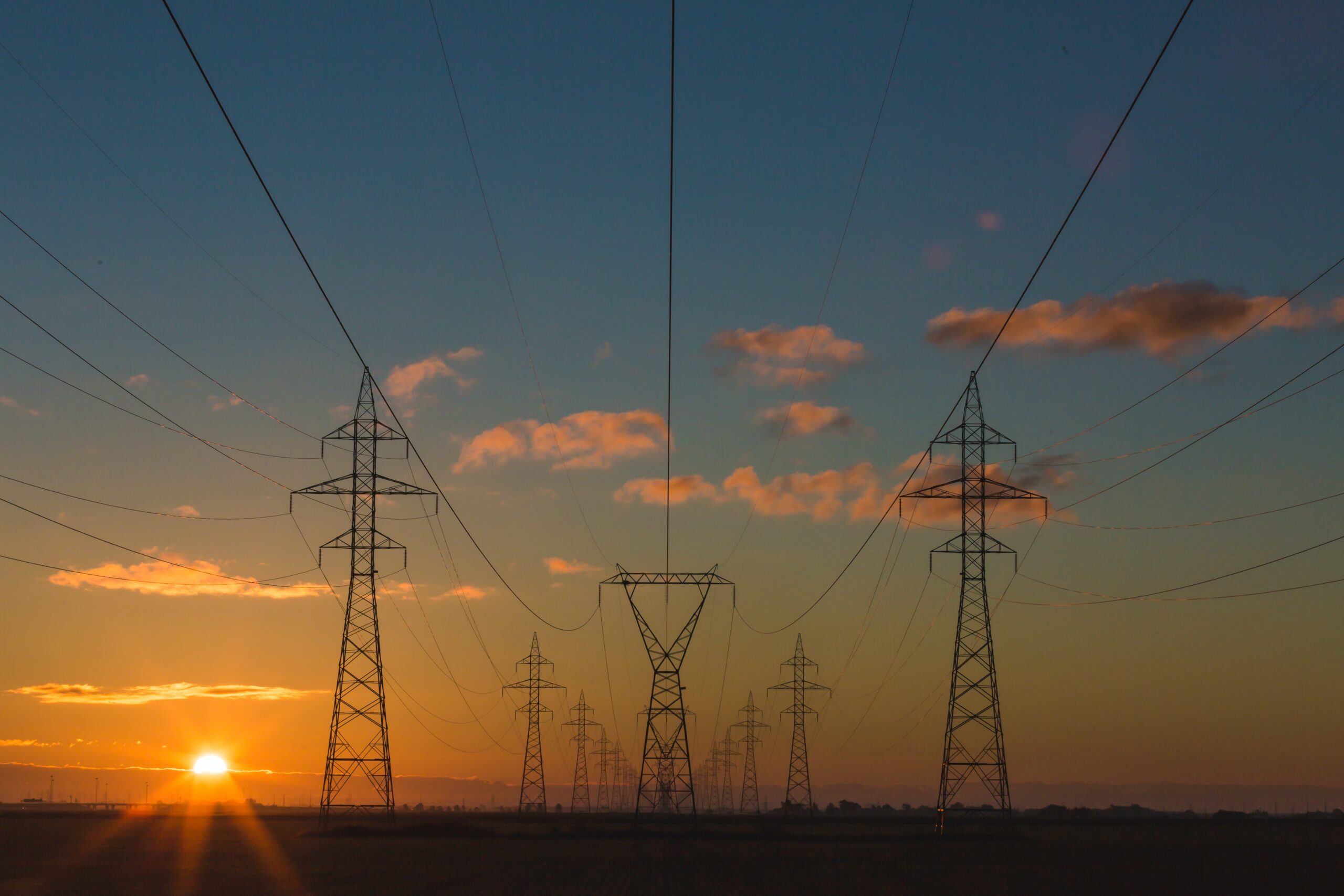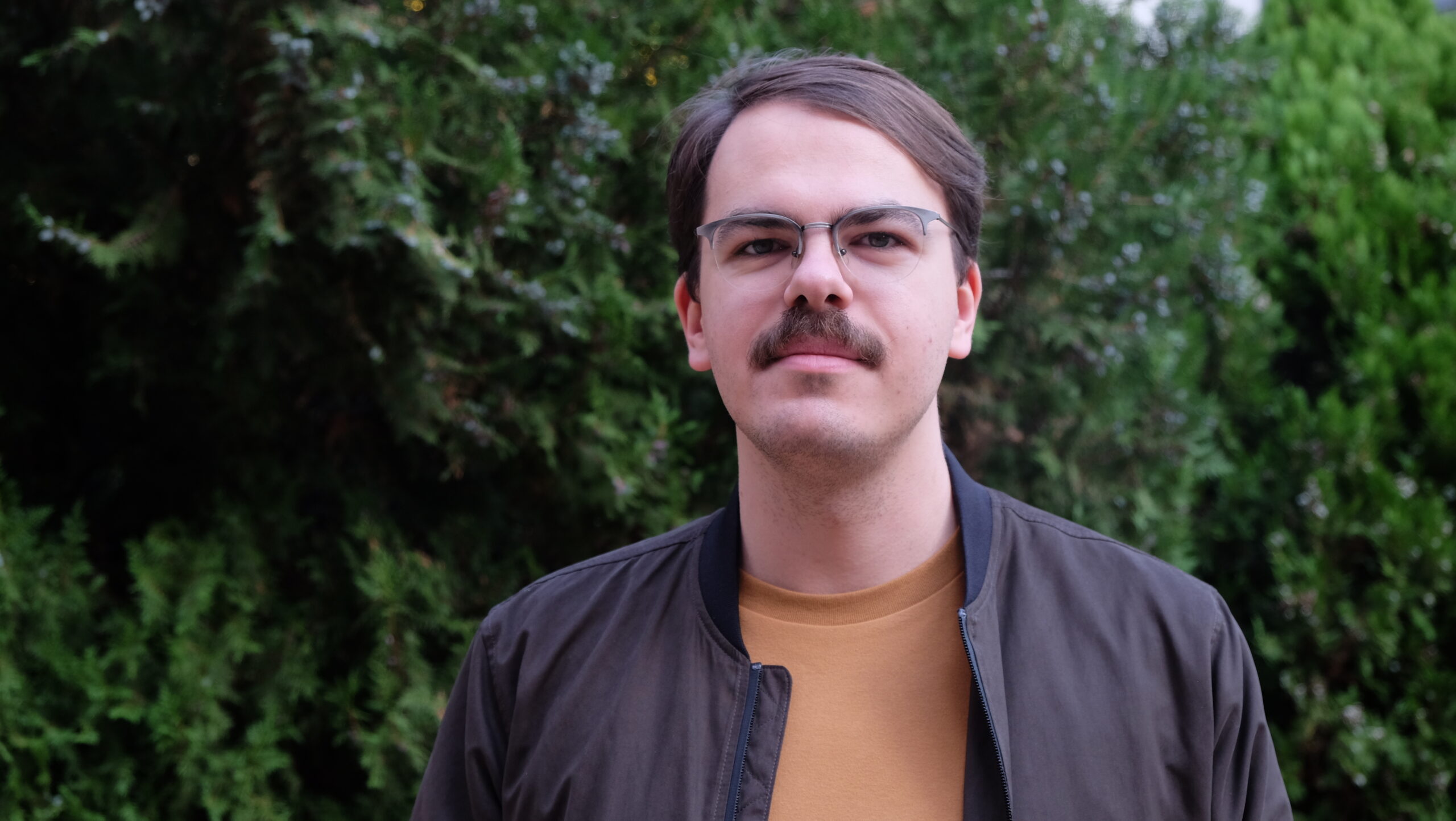EUKI Project Interview: Energy Transformation Debate in CEE
by GIZ/EUKI,
For our EUKI brochure, we spoke with Alexandru Mustata from CEE Bankwatch Network about the EUKI project Energy Transformation Debate in Central Eastern Europe. The project aims to change political and public narratives in Central and Eastern European countries by highlighting positive perspectives on energy transition opportunities. The interview is part of the EUKI brochure published in 2021.

What is it you do in your project?
We are trying to integrate the concept of energy transformation into the context of Central and Eastern European realities. First of all, this means acknowledging that both the political and public narrative on energy transformation is different in the Central and Eastern European region than it is in Western European countries. Something you hear quite often is “it is too expensive for us”, or,“how can you speak about smart grids when we have thousands of people living in energy poverty in Bulgaria, in Romania, in Hungary?” To positions like this, we respond that the answer lies precisely in energy transformation: in that way you increase efficiency, thus making energy cheaper and reducing energy poverty.

We try to show both citizens and politicians that energy transformation is something that is within reach and affordable – even more affordable than keeping state-aided and outdated technologies, such as coal artificially alive. We highlight the positive aspects of energy transformation and emphasise that energy transformation can be a gradual change that leaves no one behind and makes society better – not only in terms of climate but also in terms of jobs and standard of living.
“We try to show both citizens and politicians that energy transformation is something that is within reach and affordable – even more affordable than keeping state-aided and outdated technologies, such as coal artificially alive.”
Alexandru Mustață, CEE Bankwatch Network
You mention that in your focus countries, many people see energy transformation as a problem, rather than an opportunity. This is also happening in other European regions – what can the EUKI Community learn from you?
The most important thing is to meet and talk in person with the people who are directly affected by the coal phase-out, and to include those in the conversation who are traditionally not part of the decision-making processes led by national capitals and Brussels. For example, we organised a conference together with the coal trade unions in Bulgaria. Of course, ours is not an easy relationship, and certainly, there are tensions between us. But the only way to find solutions is together with the people living in these regions – and they have every right to be afraid of this transition, considering that this region has experienced many unfortunate transitions throughout the past decades. However, we do need to find common ground with them, no matter how small it may be. We are happy to see that slowly but surely acceptance is increasing, and dialogue is becoming easier.
